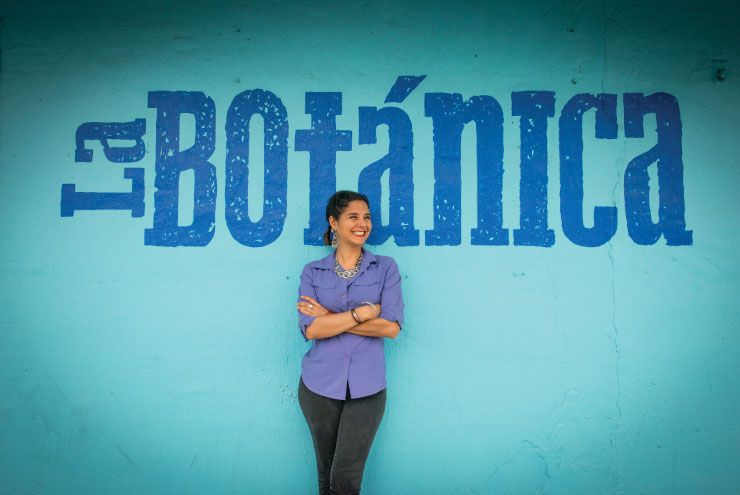By Dr. Laura McGuire
Every once in a great while, a television show will come out that truly reflects our lived realities, our silent thoughts, and our hidden truths and, suddenly—just like that—we know that we are not alone. For me, Showtime’s Work in Progress is that show.
As someone approaching their mid-30s (and who is not at all in the place they thought they would be by their mid-30s), seeing a raw and unrefined depiction of life not “working out” was both painful and cathartic. Work in Progress opens with Abby, the show’s main character, in a therapy session. Abby is in her 40s, not in the greatest of health, and deeply depressed. She is a butch lesbian who is carring the weight and emotional labor of being a societal outcast. Abby has struggled with her mental health since childhood; thus, therapy is a staple in her life—a predictable and comforting touchstone. At this point, however, Abby has come to realize that she drained simply by her existence. She does not have a partner, she does not have an interesting job, and she does not have a home that she loves. Assessing her existence, she comes to the conclusion that she will give herself six months to improve her life and, if nothing changes, she’ll kill herself. After confessing this, she realizes her therapist has died—right in front of her. And that is the opening scene of the show.
Work in Progress is not, however, a depressing show. It is hilarious, heartbreaking, and undeniably relatable for so many people—particularly those in the queer community. Abby does not have the worst life and, certainly, many could argue that she has many blessings. But when time passes and existence begins to feel like this endless burden, it is in the suffering that hilarity ensues. We see that, in the six months she gives herself to live, many things do change. Her horizons are vastly expanded after she meets the young and charismatic Chris, a trans man in his 20s who works at a restaurant she frequents.
As the relationship develops, Abby starts to reconsider many parts of her life and past. For the first time in her life, Abby is introduced to people who she never imagined crossing paths with—much less being intertwined with. Chris’ world is fun, complex, and full of labels and identities of which Abby has never heard. In turn, Abby introduces Chris to her world of older lesbians and the scars from living openly for so long in such an unforgiving world. One of the best episodes in the series addresses the reality of bathroom safety for gender non-conforming people. In it, we see the trauma Abby experiences in navigating when, where, and how to use a restroom—and the enduring resilience that results. The show depicts this experience in a way that I have never seen explored so beautifully, poignantly, and hilariously. The episode even examines the internalized homophobia of queer spaces and the ways in which butch women are still left out of much of the community. Abby is angry and exhausted and, at the same time, endlessly lovable and joyful in ways that are hard to quantify—they can only be appreciated by watching the full series.
Work in Progress is a work of art. It is a show that gives us so much to consider—gorgeous writing, endless one-liners, and a story that has almost never (if ever) been told on a mass-marketed channel. Work in Progress showed me how much I thirst to see stories that I can relate to. While Abby and I do not have identical lives, our experiences and solutions intersect in numerous ways. Her story, her thoughts, and her perspective are unlike those of most queer characters portrayed in media today. It is my sincerest hope that more writers come forward to tell stories such as these. Wherever you are, we need your voices.







